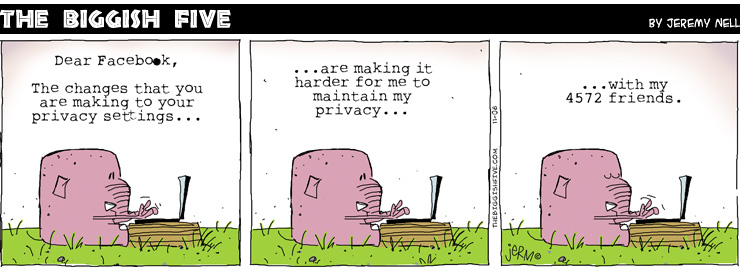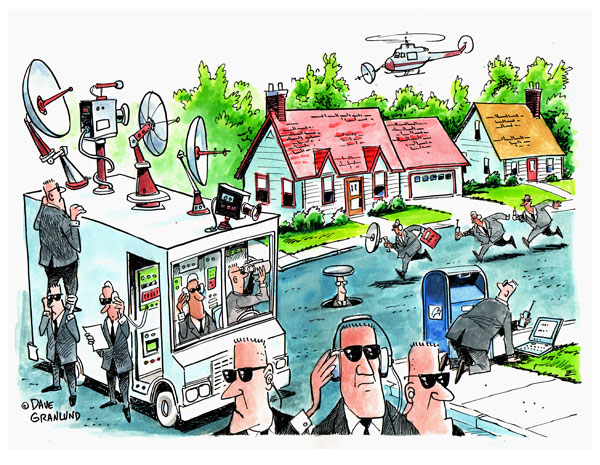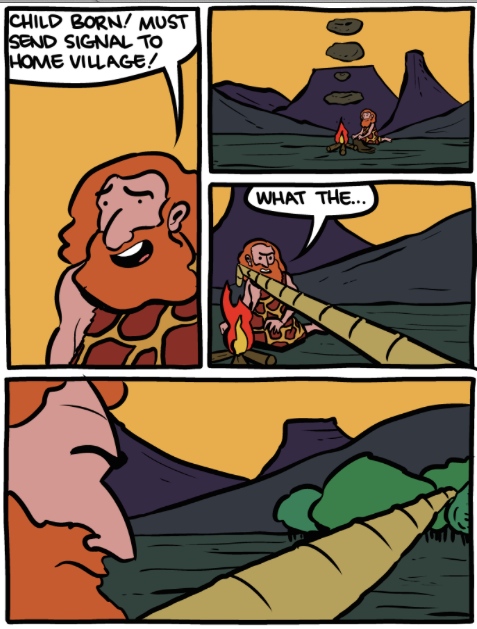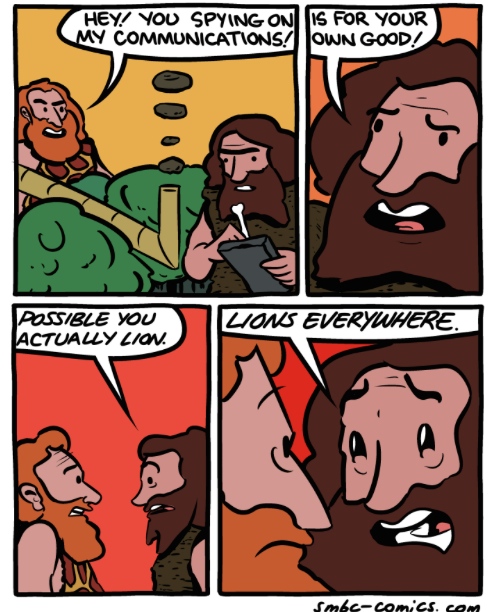Privacy on Facebook

March 21, 2018 (547). Update. With the current furore over data mining on Facebook, this post is again brought forward from December 2014. Was has increased in frequency in recent months and years is the number of posts asking you to find out something about yourself. Each such post often asks a number of innocuous questions, that help to define you and your interests.
Every link you share and every comment you make helps to define who you are as a person and under the current setting profiles, that information can be mined. Anyone who shares information about themselves must be aware that information can be used to help define how best to influence you on a wide variety of issues.
Perhaps this article has even more relevance four years after it was written.
Cheers,
Harold
Privacy Notice by way of the Rome Convention
This post is brought forward and updated from a Tim Horton’s Morning Post of September 2012, as almost every day I see another comment invoking this privacy warning. While it only takes a moment to check SNOPES or other sites to find out whether the Rome Convention has some standing, many still accept it at face value. Even if it did have some effect, does that really make any difference?
Let’s be honest, Facebook and other social media sites are by definition ‘public’. Every time we post a comment, photo or other detail about our lives, all of our ‘friends’ have immediate access as well as all of their friends and friends of their friends. All can share and re-share as they please. How do you suppose some things go viral? For that matter, would it not be a coup to have one of our very own posts go viral? Well, assuming it is something we would want to go viral.
It’s patently obvious when people post on FB, Twitter or another social site, there is no expectation of privacy, in fact the opposite is the case. What you are saying to everyone is “look at me” and the more who tell us they looked, the better we feel. Getting a hundred likes and fifty comments is a way better than none. Assuming you have at least a few friends, how would you feel if no one ever ‘liked’ or commented on your posts? Your social media account would be a pretty lonesome place.
As for privacy, sometimes (often) people share the most private bits of information as if they were talking to a friend in their living room. How they slept last night (sometimes with whom), trouble going to the bathroom, a nasty little sore in a tender area, is just a few of the intimate details that periodically appear. As an inveterate poster of stories and photos, friends on a trip to Nevada bought me a t-shirt that stated: “What happens in Vegas stays on Facebook FOREVER”.
If you wish to keep your life private, for goodness sakes don’t use FB or other social media sites. For that matter best not to use your phone for conversation or texting, stay away from email and don’t go online to search for anything including those things you don’t want other people to know you’re searching. Using the internet, phone, texting or email has become almost as public as being the lead story in the news.
As far as the police, secret service and other government agencies are concerned, once you have used any of these means of communication, you appear to have tacitly given consent to be monitored. Recent statistics indicate Telus responded to over 100,000 requests made by police and other agencies for information on subscriber accounts. Other carriers have yet to make their numbers public (dragging their feet I suppose), but there is little doubt that will also stretch the numbers to hundreds of thousands. With all the security legislation passed in the last ten years, all an agency needs is a whiff of the word ‘terror’ or ‘target’ number and the doors open to all sorts of snooping. Even ‘thinking’ about some things can open the door.
There was a time when search warrants were needed for such information, but those days ended in the years following that first aircraft hitting the World Trade Centre. With the election of successive Governments whose concerns about privacy ends at the door their Ministry offices, it is now open season on the general public. With any sort of meaningful oversight out of the picture, CSIS and other agencies pretty much have free reign.

While the advance of technology has not totally obviated privacy, if you choose to do anything ‘online’ information about you is being collected by government and business. This includes more than a few foreign governments and businesses.
You might be surprised as to how much information can be found about ‘you’ by just doing a simple name search. Photos also provide a wealth of information as every photo uploaded to a website is linked to the content in which it appears. I recently wrote a post about searching these photos (link here)
Go ahead, spend an hour or so one day and do a in-depth search of yourself, your family and friends. I bet some of you will be shocked at how much you can find. While updating this article I did a search of a few ‘older’ family member who never used social media, nor did they ever browse the web. It only took a few minutes to come up with a lot of information about each.
For example, Google my mother Laura Isabel Wheeler (McNeill or Skarsen) and see what you find under the maiden and married names. Mom passed away in 2008 at 90 years of age and never had the opportunity to open a Facebook account. Had she done so, she would likely have posted more stuff than her three children combined. She loved social things and FB would have been right up her alley. I currently have friends in their late eighties who post almost every day and follow many family and friends. Even if my mom knew police were watching, she would have been delighted they cared and would probably message them with a thank-you for keeping an eye on her account.
Today, in addition to a Criminal Record search (CPIC and other sources) every police investigation likely includes an online search. A few years back I was going to enlist the aid of a lawyer friend in some volunteer work but first did an online search to see his general interests in volunteering. Although he was one of those folks who stayed away from social media and seldom went online, my quick search of the web provided hundreds of interesting items. When we later spoke he was flabbergasted to learn just how much had been printed about private details of his life (including financial).
My advice to my friends, just stop worrying about this privacy thing. You don’t seem to care much about what Parliament has done over the last few years as hardly anyone besides the Civil Liberty Associations and a few opposition members have raised much more than a little finger of dissent.
If you are still concerned about keeping something private you might wish to build soundproofed ‘safe room’ in your home and have it periodically swept for bugs. The chances of someone picking up on a private discussion will be limited, but then again the Government might wish to know what you are trying to hide in that room. If you do not think that is safe enough, buy a cabin in the bush, cut off all communication and become a hermit. With no contact to the outside world, you might achieve a greater degree of privacy.
You can invoke the Rome Convention if that makes you feel better, but don’t count on it. On the other hand, do as I do – write and post to your heart’s content and don’t give it a second thought. The only thing I would suggest is if you are a young person or someone in need of a job or if you are looking for a promotion or wish to enter political office, you had better be circumspect in what you post as it most certainly can come back to haunt you. Other than that, there is really nothing much to worry about unless you are into some nefarious activities, have some unsavoury friends or post something really stupid like a good many otherwise sane folks sometimes do.
Sure, the RCMP or CSIS might one day knock on your door asking about your friends in the Middle East or some other hot spot or, perhaps, why you have communicated with a ‘criminalized’ person (it’s really hard to tell who that might be), but if they do, just tell them you know your rights under the Rome Convention and to take a hike. Might work, but probably won’t.
Harold
December 5, 2014. The following cartoon from Saturday Morning Breakfast Material was supplied through Facebook by a friend Mark Morrill.
(631)
Trackback from your site.


